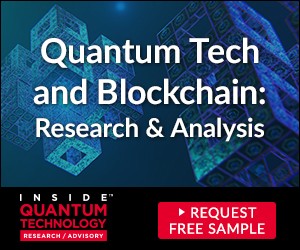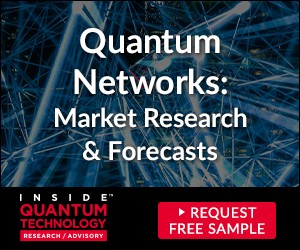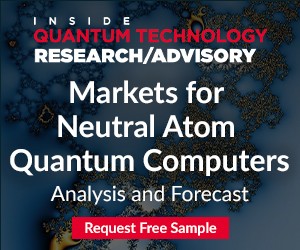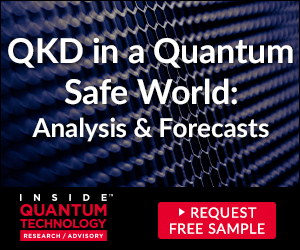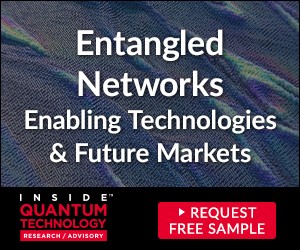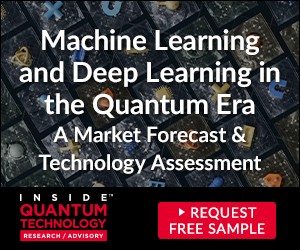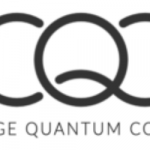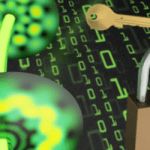FSU Researchers Experiment with Candidate Material for Quantum Computers
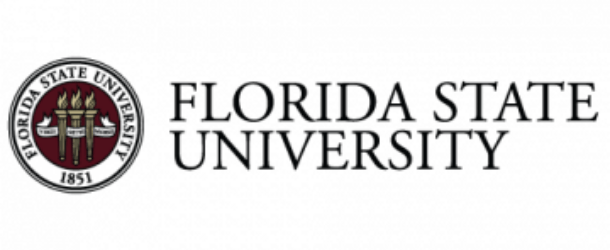
(FloridaStateNews) A team of physicists from Florida State University’s National High Magnetic Field Laboratory and the Los Alamos National Laboratory have developed a new technique for understanding the magnetism of quantum spin liquids. Using this technique, researchers have been analyzing ruthenium trichloride, a compound theorized to be compatible with quantum computing.
The new technique the team developed involves placing the material, crystal ruthenium chloride, on the end of a tiny cancer lever attached to the end of a corpse tuning fork. The tuning fork is then driven so the cancer lever vibrates at a particular resonant frequency. Resonant frequency describes the oscillation of a system at its natural or unforced resonance.
This new technique is allowing researchers to study the magnetic energy of materials such as ruthenium trichloride with the advantage of being able to measure very small samples with significant accuracy. In addition to that, the study has provided a new way to look for signatures of spin liquids as well as provided support that ruthenium chloride is a spin liquid. Now, with the application of ultrasound frequencies, they are closer to understanding the unusual nature of this potential quantum spin liquid.
Ross McDonald, physicist and co-author of the paper, compared the wobbling of the cancer lever to the wobbling of a diving board, as a diving board’s frequency changes depending on the weight of the person diving and vibrates at a particular frequency after one dives off. Just as the frequency of the diving board changes, the frequency of the lever changes depending on the mass of the sample and then changes again when placed in a magnetic field.
“This technique (can be applied) to a whole range of materials, not just ones that are potential spin liquids but metals and conductors and all sorts of other classes of materials that may lead to the next generation of computers or devices or quantum computation,” McDonald concluded.













